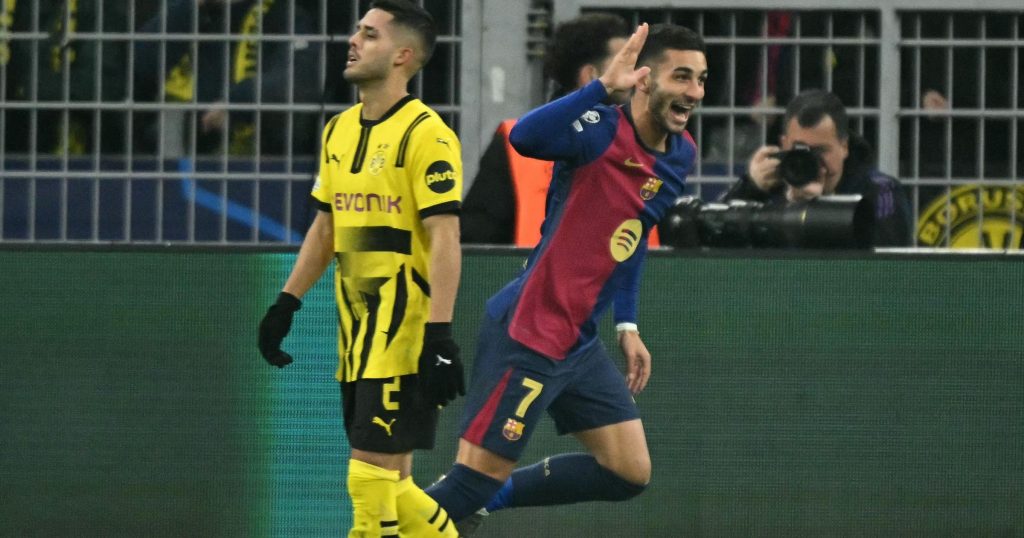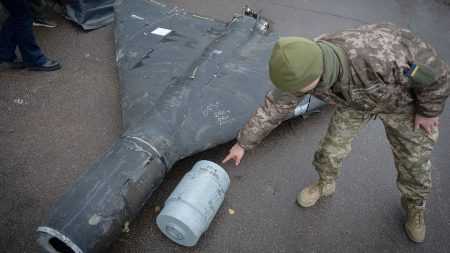The UEFA Champions League group stage clash between Borussia Dortmund and FC Barcelona at Signal Iduna Park on September 17, 2019, was a highly anticipated encounter between two European giants. The match, played under the bright lights of the iconic stadium, promised a captivating display of attacking football, and it certainly delivered. While the final scoreline of 0-0 might suggest a cagey affair, the reality was far from it. Both teams created numerous chances, showcasing their attacking prowess and tactical acumen, but ultimately, neither side could break the deadlock. The match was a testament to the high level of competition in the Champions League, highlighting the fine margins that separate victory from a draw. Despite the lack of goals, the energy and intensity of the contest kept fans on the edge of their seats throughout.
Barcelona arrived in Dortmund with a strong squad, spearheaded by the likes of Lionel Messi, Luis Suarez, and Antoine Griezmann. Their intricate passing and movement threatened to unlock the Dortmund defense on several occasions. Dortmund, however, were no pushovers. With their youthful exuberance and tactical discipline, they were able to disrupt Barcelona’s rhythm and create their own attacking opportunities. The midfield battle was particularly intense, with both teams vying for control of the tempo. The backlines of both teams were also put to the test, demonstrating their resilience and ability to thwart attacks. The goalkeepers, Marc-André ter Stegen for Barcelona and Roman Bürki for Dortmund, were called into action multiple times, showcasing their shot-stopping abilities and contributing to the clean sheet for both sides.
The first half was a frenetic display of end-to-end football. Barcelona dominated possession, patiently probing for openings in the Dortmund defense. Their intricate passing sequences and quick movement off the ball created several promising opportunities, but they were unable to find the finishing touch. Dortmund, on the other hand, relied on their quick counter-attacks, utilizing the pace and skill of Jadon Sancho and Marco Reus to threaten the Barcelona defense. The match ebbed and flowed, with both teams creating chances and testing the opposing goalkeeper. Despite the numerous attempts on goal, the score remained goalless at halftime, leaving the fans eager for more action in the second half.
The second half continued in a similar vein, with both teams pushing for the elusive opening goal. Barcelona continued their patient build-up play, while Dortmund looked to exploit any defensive vulnerabilities with their swift counter-attacks. The introduction of substitutes injected fresh energy into the game, adding a new dimension to the attacking play of both sides. The intensity of the match remained high, with tackles flying in and players giving their all to secure a victory. However, despite the relentless efforts from both teams, the breakthrough goal remained elusive. As the clock ticked down, the tension in the stadium grew palpable, with both sets of fans urging their teams forward.
Despite the goalless draw, the match was far from a dull affair. The quality of play from both teams was evident, with individual brilliance and tactical awareness on full display. The midfield battle was particularly captivating, with both teams showcasing their technical ability and tactical discipline. The defensive organizations of both sides were also impressive, with crucial interceptions and tackles preventing goals. The goalkeepers were called into action several times, making vital saves to keep their teams in the game. While the lack of goals might have been disappointing for the neutral fans, the overall performance of both teams was a testament to the high level of competition in the Champions League.
The match ended in a 0-0 draw, a result that neither team would have been entirely satisfied with. While both teams earned a valuable point in the group stage, the missed opportunities would have undoubtedly left them pondering what could have been. However, the performance of both teams served as a reminder of their quality and potential in the competition. The match also highlighted the fine margins that separate victory from a draw in the Champions League, showcasing the importance of taking chances and converting opportunities. The goalless draw ultimately served as a testament to the competitive nature of the group stage and the challenges faced by even the most decorated teams in European football.










